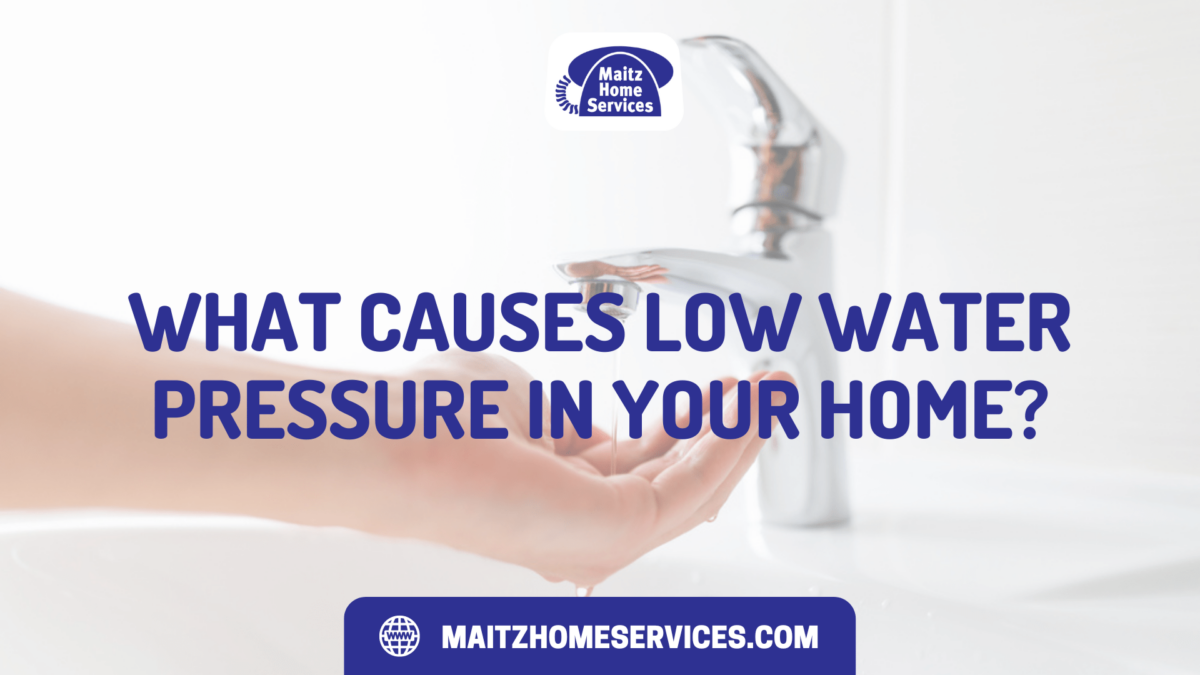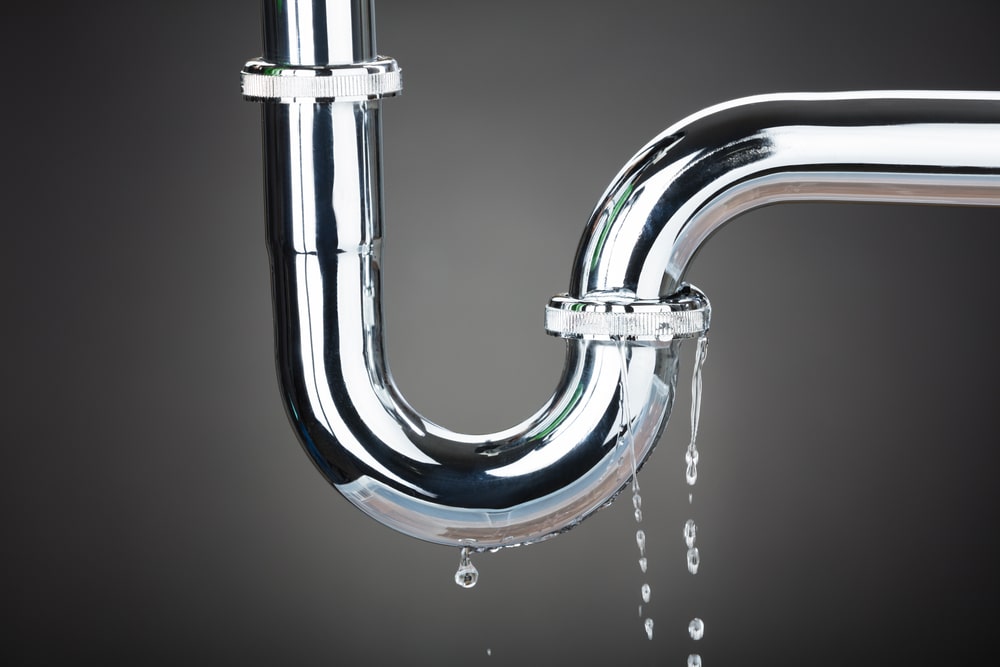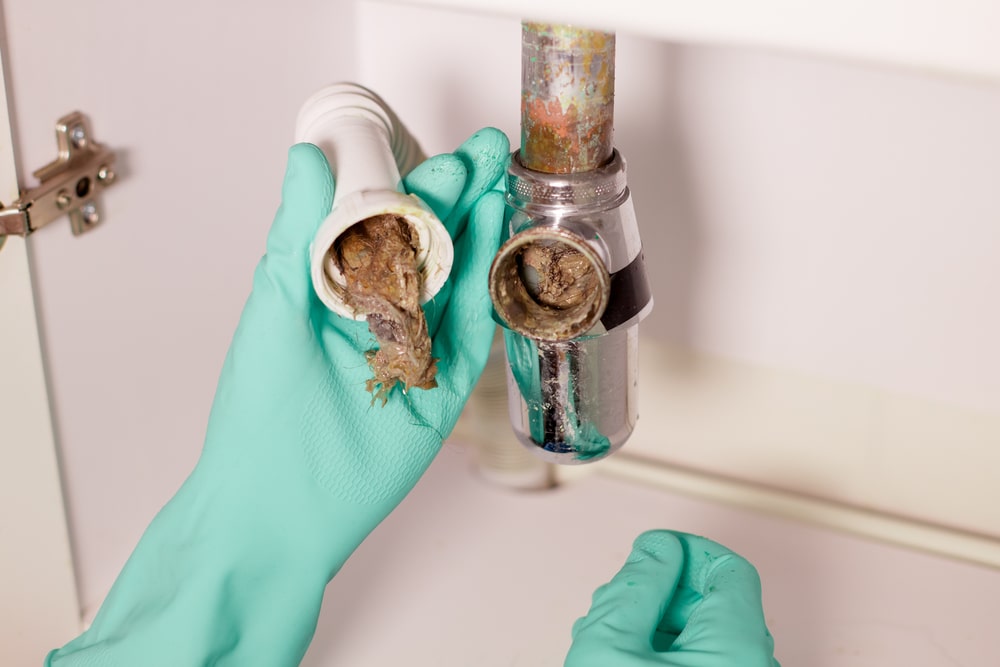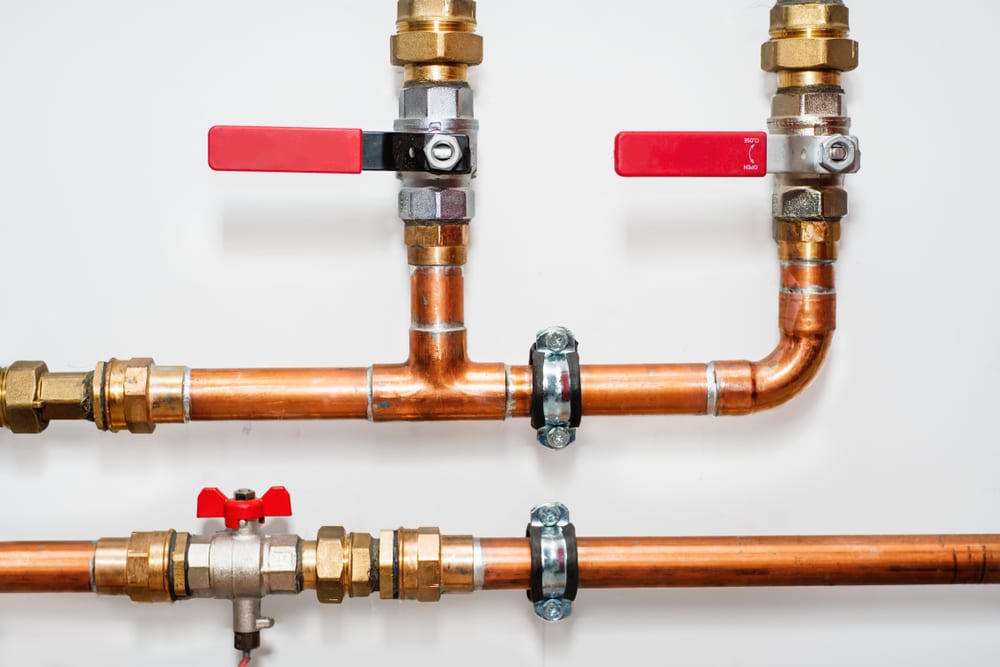
Nothing is more frustrating than hopping in the shower only to discover that your water pressure is practically nonexistent. This not only doubles your shower time but also increases your monthly water bill. If your home’s plumbing system suffers from low water pressure, keep reading for tips on how to fix it.
9 Reasons Why Your Home’s Water Pressure Is Low
Not sure what’s causing your home’s low water pressure? Here are the top nine possibilities.
1. Leaky Pipes

Whether it’s caused by corrosion or a clog, leaks in your plumbing system noticeably reduce water pressure. Leaky pipes also increase your monthly water bill because you’re still paying for whatever water you don’t use.
2. Corroded Pipes
From oxygen and bacteria to an unbalanced pH level, various factors can cause corrosion to occur within your plumbing system. This corrosion creates small holes in the pipes, allowing water to seep through. Older, iron pipes are most susceptible to corrosion.
3. Clogged Pipes

The water that flows through your pipes contains small amounts of dirt, debris, and minerals. These materials accumulate over time and can form major blockages that impede the flow of water.
4. Issue With Your Municipal Water Supplier
Sometimes, a construction site mishap damages the pipes that supply water to your home. Other times, water treatment issues result in a low water supply for the city you live in. How do you know when your water supplier is the source of low water pressure? When homeowners near you experience the same issue.
5. Broken Pressure Regulator
Your plumbing system’s pressure regulator does just what the name implies: it regulates pressure. This valve ensures the pressure of the water flowing from your faucets stays at a healthy level. When the pressure regulator experiences issues like excessive mineral buildup, it can cause your home’s water pressure to get out of whack.
6. Partially Opened Valves

Every home has two water valves—the main shut-off valve and the water meter valve. If one or both of these valves aren’t fully opened, water can’t flow through them as quickly as it should. You can easily fix this problem by opening the valves all the way.
7. Outdated Fixtures
If only one part of your home has low water pressure, you could have a damaged fixture rather than a full-blown pipe issue. A fixture typically malfunctions when its aerator—which guides water flow—gets bogged down by mineral buildup. Your best bet in the case of outdated fixtures is to replace them.
8. Shared Pipelines
Some homes share a pipe system. What this means is that when you and your neighbor take a shower or wash dishes at the same time, the water pressure in both homes decreases. The only way to avoid this inconvenience is to install new pipes that don’t connect to your neighbor’s plumbing system.
9. Additional Water Treatment Systems
Water treatment systems are designed to improve water quality and pressure. But if these systems aren’t properly sized or installed, they can actually reduce water pressure. Search thoroughly for a water treatment system to ensure it’s compatible with your plumbing system.
Call Maitz Home Services for All Your Water Pressure Issues
Whether you need a pipe repaired or new piping installed, our team is equipped to handle all your plumbing needs. All you have to do is schedule a service online with the Maitz plumbing professionals, and a licensed plumber will take care of the rest.

